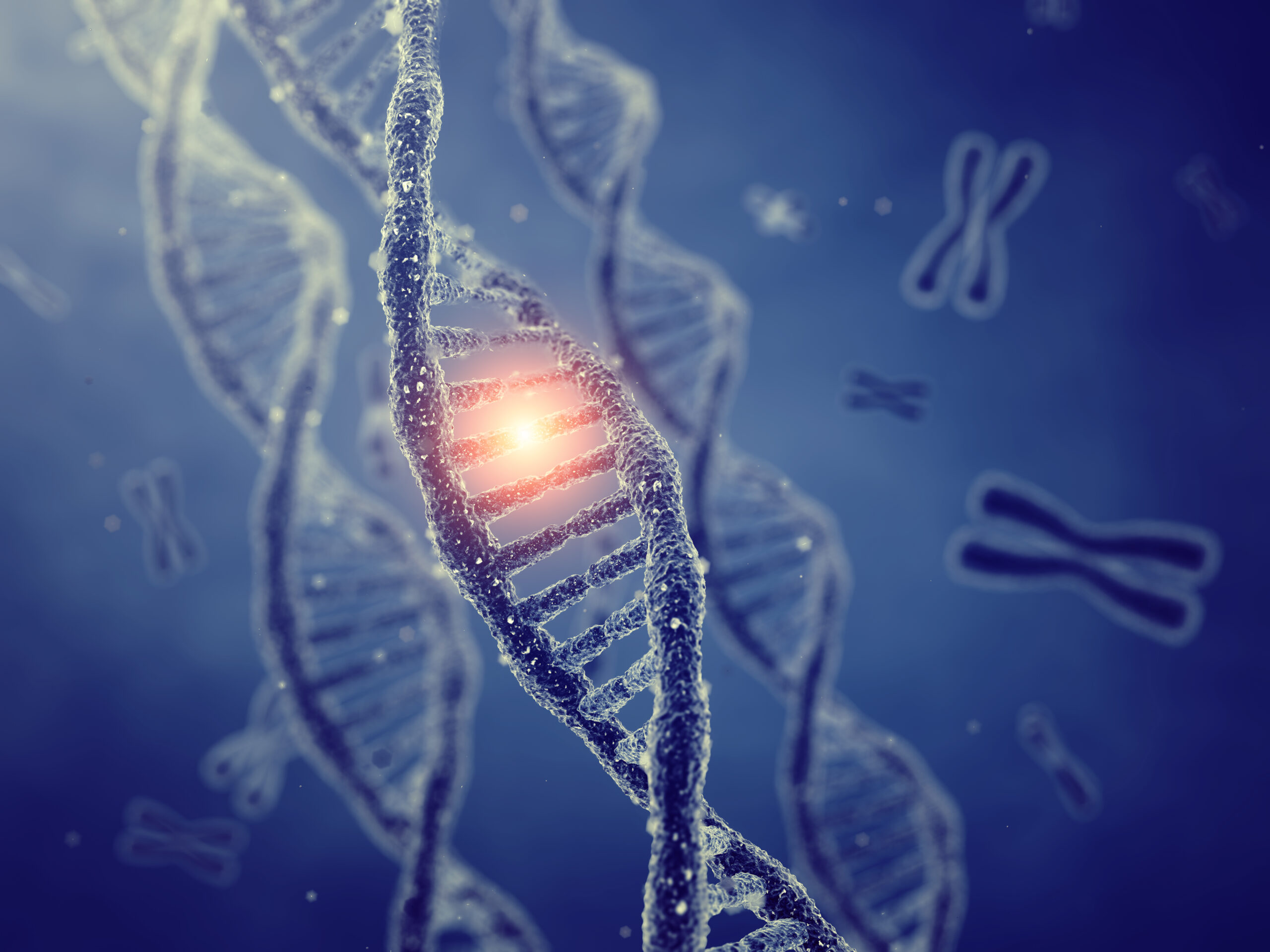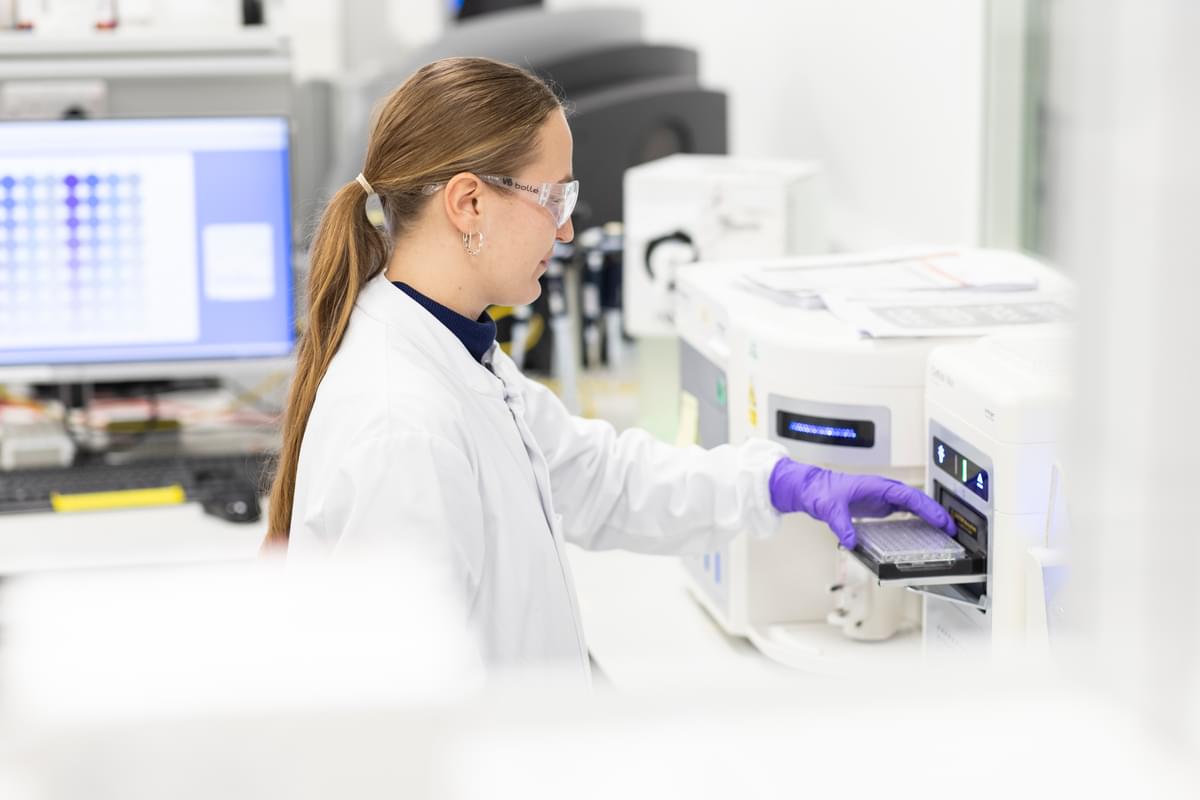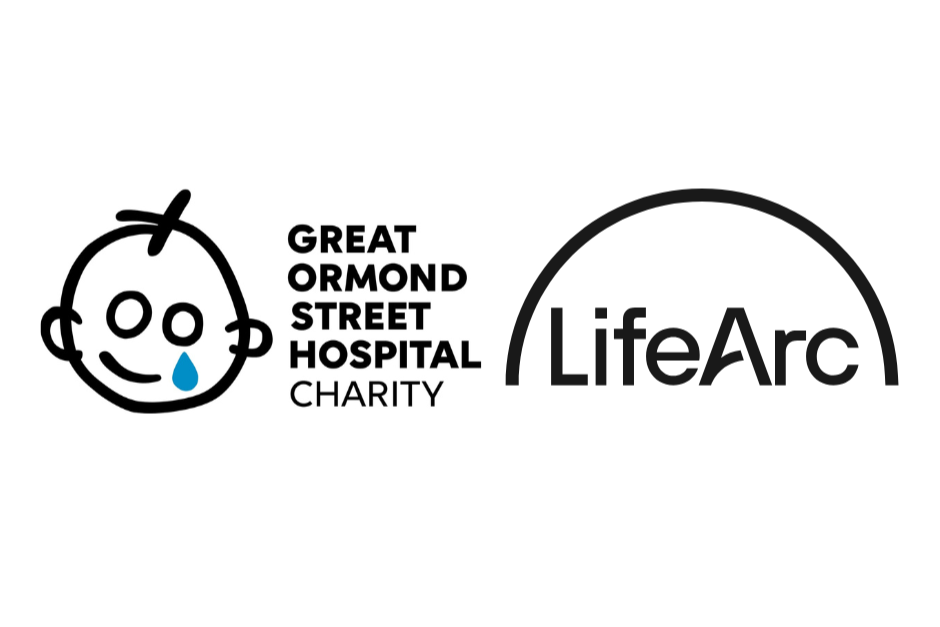GOSH: A partnership to increase access to gene therapies for children with rare diseases
We are collaborating with Great Ormond Street Hospital (GOSH) and Great Ormond Street Hospital Children’s Charity (GOSH Charity) to revolutionise how children with rare diseases access proven, life-changing treatments.

Overview
A big challenge with developing treatments for rare diseases is that due to small patient numbers, they are often not commercially viable for companies to invest in and keep on the market, even if the treatment itself can cure a condition.
Through this partnership, we aim to get these treatments to the children who need them in a plan that would be the first of its kind in the UK. This would see an NHS Trust holding the market authorisation – or licence – for a gene therapy drug for the first time, so that patients can directly benefit.
About the GOSH and LifeArc partnership
This partnership aims to overcome the commercial barriers that prevent gene therapies from reaching children with rare diseases. GOSH will explore the feasibility of holding the market licences for these treatments, ensuring that children at GOSH and other hospitals can access these therapies through NHS collaborations.
The first therapy to be piloted under this model is a lentiviral gene therapy for ADA-severe combined immunodeficiency (ADA-SCID), a severe immune deficiency disorder. Co-developed by GOSH, UCL, and UCLA, this therapy has already proven its effectiveness in clinical trials.
We are providing funding for the project as well as our expertise in navigating the hurdles in rare disease treatments.
About ADA-SCID
ADA-SCID is a rare, inherited disorder that affects the immune system. Children with ADA-SCID are unable to produce a critical enzyme, ADA, which helps the immune system function properly. Without this enzyme, even minor infections can become life-threatening. Each year, only up to 3 children in the UK are born with ADA-SCID, but for those affected, the gene therapy developed at GOSH replaces the faulty gene, allowing the immune system to function normally. This treatment can be life-saving, but until now, it has been accessible only through research programmes.
Impact of the GOSH and LifeArc partnership
If successful, this initiative could revolutionise access to gene therapies for rare diseases, ensuring more children receive life-changing treatments.
By allowing an NHS Trust to hold drug licences, the partnership will bypass traditional commercial barriers and expedite treatment access. For families who participated in the gene therapy trial for ADA-SCID at GOSH, the therapy has been transformative.
This model could be expanded to cover other rare inherited diseases, potentially helping the 3.5 million people in the UK living with rare conditions. It is an exciting step toward making proven therapies available to more families, providing hope and a path forward for children facing rare and life-threatening diseases.
Contact us
In submitting your personal data via this form, you consent to being contacted via the details provided so that your enquiry can be responded to. If you would like your data to be removed, please email dataprivacy@lifearc.org.
Please see our Privacy Policy in relation to the personal data you submit to us through this page.



